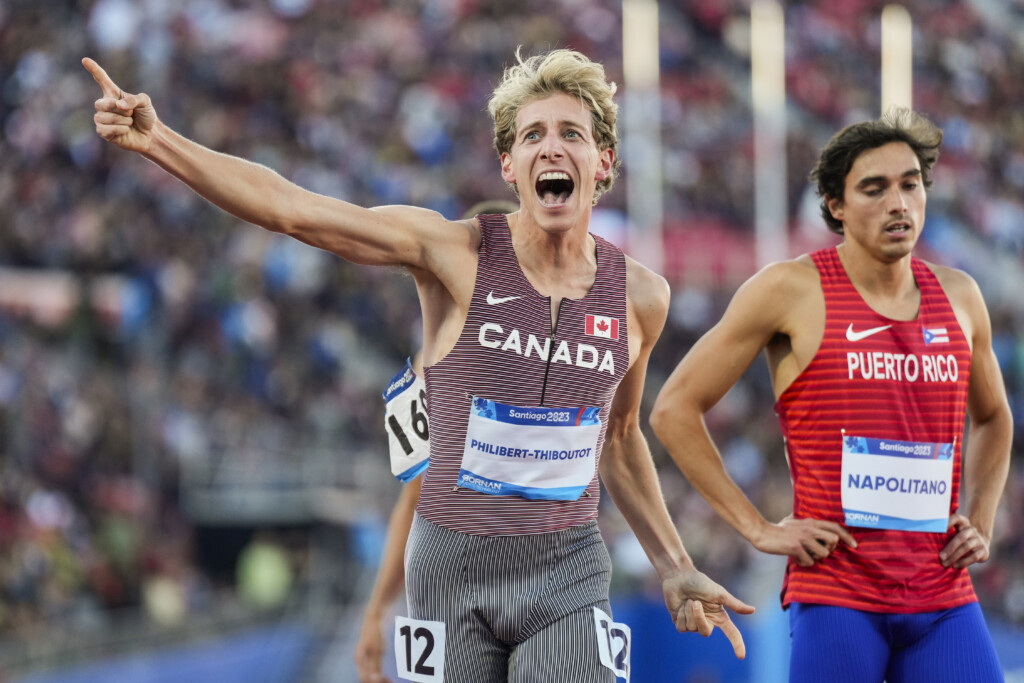Team Canada athletes share the best advice they’ve received

All athletes know that participating in sport is a learning process, no matter what level you play at. We asked some of Team Canada’s top athletes across a variety of sports for the best advice they’d ever been given–and almost all of the answers apply not only to sport, but to life. Here’s what they…
Physical activity and climate change
Unfavourable weather and climate conditions, such as heatwaves, heavy rain and smoke-filled air, can lead to canceled recesses and outdoor sport and recreation activities, and more indoor sedentary time. The 2024 ParticipACTION Report Card on Physical Activity for Children and Youth uncovers how active kids in Canada are and how to keep them active in…
Caffeine and sport performance
Caffeine is a popular stimulant consumed by people all around the world. Recent research suggests that both caffeinated sports drinks and energy drinks can enhance several aspects of sports performance. While caffeinated sports drinks are found to be particularly beneficial during prolonged exercise, energy drinks may be better suited for providing a pre-exercise caffeine boost.
Physical activity and cancer
Many cancer patients are afraid to engage in physical activity because they are concerned that it will negatively impact them. However, research shows that physical activity is important for cancer patients as it improves quality of life, increases aerobic fitness, positively influences mental health, and reduces the side effects of cancer treatment.
Navigating the elements
A recent study uncovered five key influencers that affect whether athletes decide to push through or bow out in challenging endurance events, including the severity of weather conditions and individual risk perceptions. Interactions between these factors and the growing environmental uncertainties create a dynamic decision-making landscape.
Inclusive registration
The registration process provides an initial glance into your organization for participants. Some tips for creating a more inclusive registration process, with 2SLGBTQI+ participants in mind, include providing a text box where participants can indicate their pronouns and asking participants for their preferred name in addition to their given name.
Neck strengthening for concussion mitigation
In recent years, the sporting community has gotten better at spotting and treating sports-related concussions, however there remain many questions surrounding preventive measures. Exploring whether neck size or strength correlates with reduced concussion risk has found that formal neck strengthening programs show promise in reducing risk, particularly among amateur athletes.
Youth sport participation and physical activity in rural communities
Children and youth in rural areas move around and play sports differently depending on their grade, gender, and family income. This study found disparities in sport participation and activity levels, highlighting the need for targeted interventions to promote physical activity and health equity among rural youth.
Inclusive policies
Many trans athletes report negative experiences in sport. A contributing factor is a lack of sport policies addressing trans inclusion. Accordingly, researchers have highlighted the need for sport organizations to develop inclusive policies that are created and updated based on research.
Inclusive language
The language used by coaches plays a significant role in fostering inclusive environments for 2SLGBTQI athletes. As a coach, some ways to make the language you use more inclusive include using athletes’ preferred pronouns and avoiding the use of gendered language, for example, by saying “hello everyone” rather than “hello guys.”